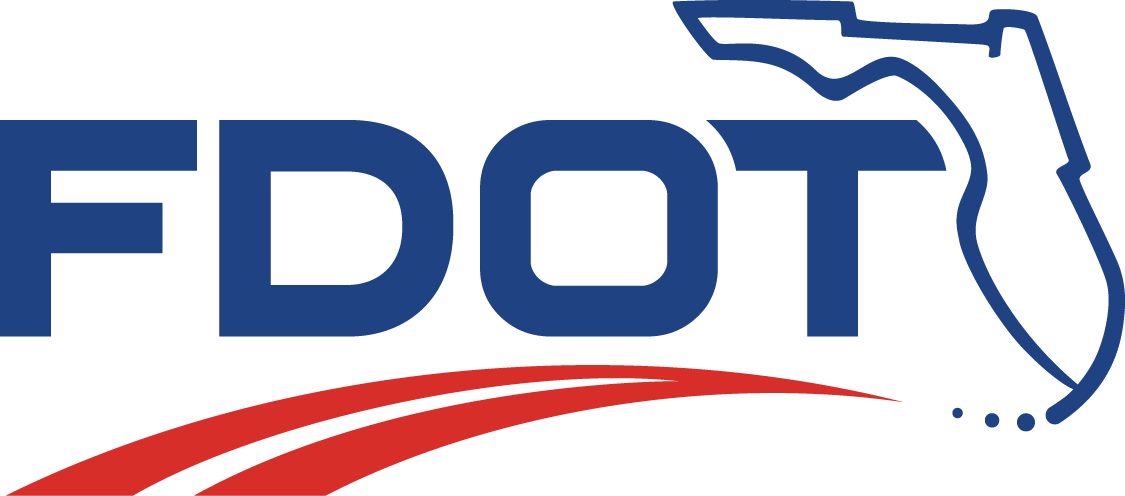Office of Environmental Management
PD&E Manual
Project Development and Environment Manual (PD&E Manual) Effective January 14, 2019Pursuant to 23 United States Code (U.S.C.) 327 and the implementing Memorandum of Understanding (MOU) executed on December 14, 2016, the FDOT has assumed Federal Highway Administration's (FHWA's) responsibilities under NEPA for highway projects on the State Highway System (SHS) and Local Agency Program (LAP) projects off the SHS. In general, FDOT's assumption includes all highway projects in Florida whose source of federal funding comes from FHWA or which constitute a federal action through FHWA. This includes responsibilities for environmental review, interagency consultation and other activities pertaining to the review or approval of NEPA actions. Consistent with law and the MOU, FDOT will be the Lead Federal Agency for highway projects with approval authority resting in the Office of Environmental Management (OEM). The process outlined in the Project Development and Environment (PD&E) Manual is the Florida Department of Transportation's (FDOT's) procedure for complying with the National Environmental Policy Act (NEPA) of 1969, Title 42 U.S.C. section 4321, et seq., and the MOU mentioned above and describes FDOT's environmental review process. To stay up-to-date on PD&E Manual updates and training opportunities, create an account on our FDOT Contact Mailer and select Environmental Management and Environmental Publications and Updates under the Publications Interest. As training opportunities are available, we will send email notifications out through contact mailer. Existing PD&E Manual Training materials found on our training website.
|

